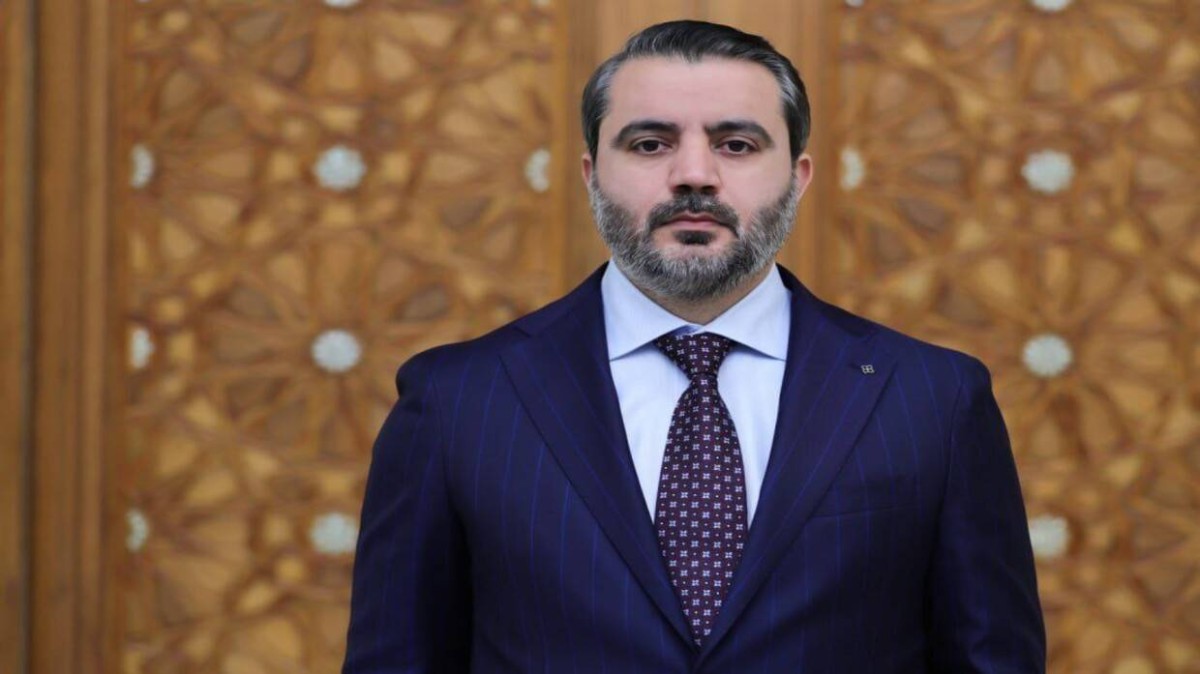JD Vance: Controversial Political Stance Explored
Diving deep into the political journey of JD Vance, his controversial stances, and the transformation from Appalachian roots to a prominent figure in U.S. politics.
Published October 02, 2024 - 00:10am
/cloudfront-us-east-1.images.arcpublishing.com/pmn/GOWANESKYIJHGQLMLHPTEWS7TQ.jpg)
Image recovered from inquirer.com
JD Vance, a prominent figure in U.S. politics, has emerged as a contentious character with a complex history and a polarizing platform. Having swiftly risen through the ranks to become a U.S. Senator, Vance is now under the spotlight as the running mate to Donald Trump in the upcoming election. His political journey, shaped by his memoir Hillbilly Elegy, his evolving policies, and his transformation from a modest Appalachian upbringing to a key player in the national political arena, warrants a detailed examination.
One of the most significant criticisms of Vance is his perceived lack of experience and credibility. Despite serving less than two years in the U.S. Senate without passing a single bill, he has positioned himself as a potentially pivotal leader. Critics argue that his sudden rise and lack of legislative achievements render him unprepared for higher office. Additionally, Vance's memoir, which played a crucial role in his ascent, has been scrutinized for exaggerating his hardships and misrepresenting his middle-class upbringing.
While Vance's early criticisms of Donald Trump, comparing him to Hitler and calling him an 'idiot,' have come under scrutiny, it is his policy stances that have sparked widespread debate. His opposition to abortion, even in cases of rape and incest, aligns him with the hardline conservative faction. This stance is particularly striking given his personal history, as detailed in his memoir, where his grandmother's numerous miscarriages underscore the critical need for accessible reproductive healthcare. Despite this, Vance remains resolute in supporting stringent abortion restrictions, contributing to the complex landscape of reproductive rights in the U.S.
Vance's foreign policy views further distinguish him from more moderate Republicans. His staunch opposition to aid for Ukraine and his advocacy for trade barriers, especially with China, align closely with Trump's isolationist and protectionist agenda. This approach, while resonating with Trump's base, risks alienating moderate voters and major donors who favor a more globalist outlook. Additionally, Vance's occasional support for breaking up large tech firms and increased corporate regulation diverges from traditional Republican orthodoxy, revealing his unique stance on economic policies.
The debate preparation and public appearances by Vance have been marked by efforts to appeal to Trump's evangelical base. His participation in events hosted by figures like Lance Wallnau, an evangelical prosperity preacher, highlights his alignment with Christian nationalism. However, his intellectual demeanor and elite educational background, including a degree from Yale Law School, contrast sharply with Trump's populist appeal, potentially creating friction within the voter base.
Despite these efforts, polling indicates mixed reception among likely voters in key states such as Ohio, Michigan, and Wisconsin. While Vance provides intellectual heft to the Trump ticket, his perceived awkwardness and inconsistencies in presenting his policies have been notable. His controversial statements, such as the falsehood about Haitian immigrants, and his attempts to walk back his earlier criticisms of Trump, contribute to the image of a shapeshifter willing to say anything to obtain power.
Comparisons with former President Jimmy Carter further emphasize the stark contrast in political character and public service. Unlike Vance, Carter's legacy is marked by honesty, humility, and a dedication to humanitarian efforts post-presidency. Carter's warnings about the erosion of democracy and the need for unity underscore the ethical and moral challenges posed by leaders like Trump and Vance.
As Vance continues his campaign, the balance between appealing to Trump's fervent base and attracting moderate voters will be critical. His policies on abortion, foreign aid, trade, and corporate regulation, along with his evolving public persona, will be closely watched. The outcome of this political journey will not only shape the upcoming election but potentially influence the future trajectory of the Republican Party and its stance on critical national and global issues.







